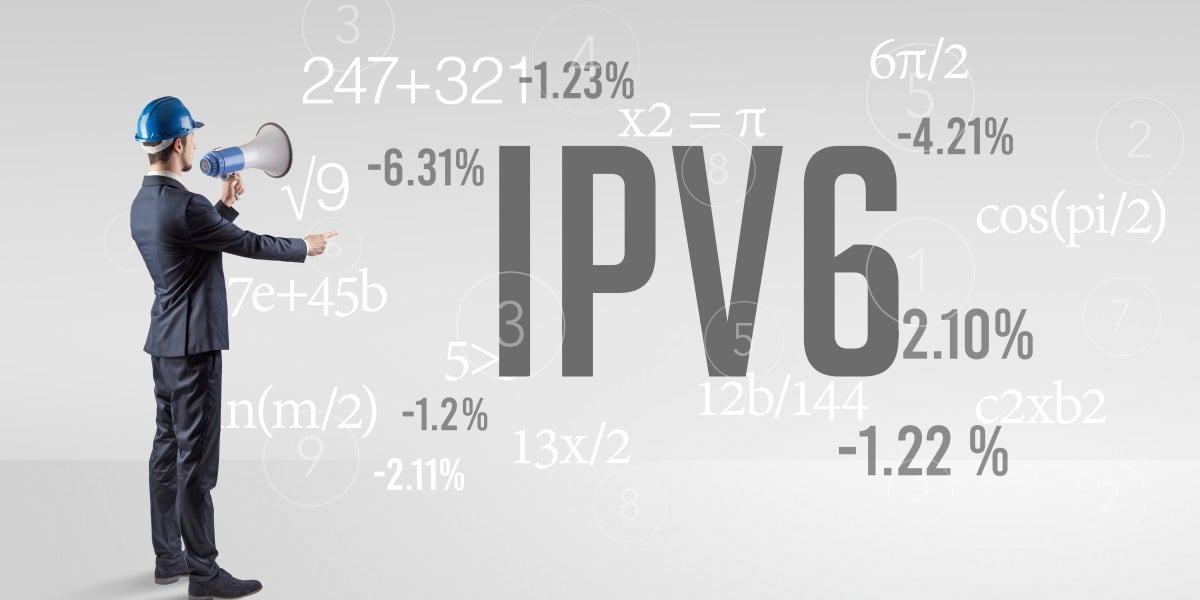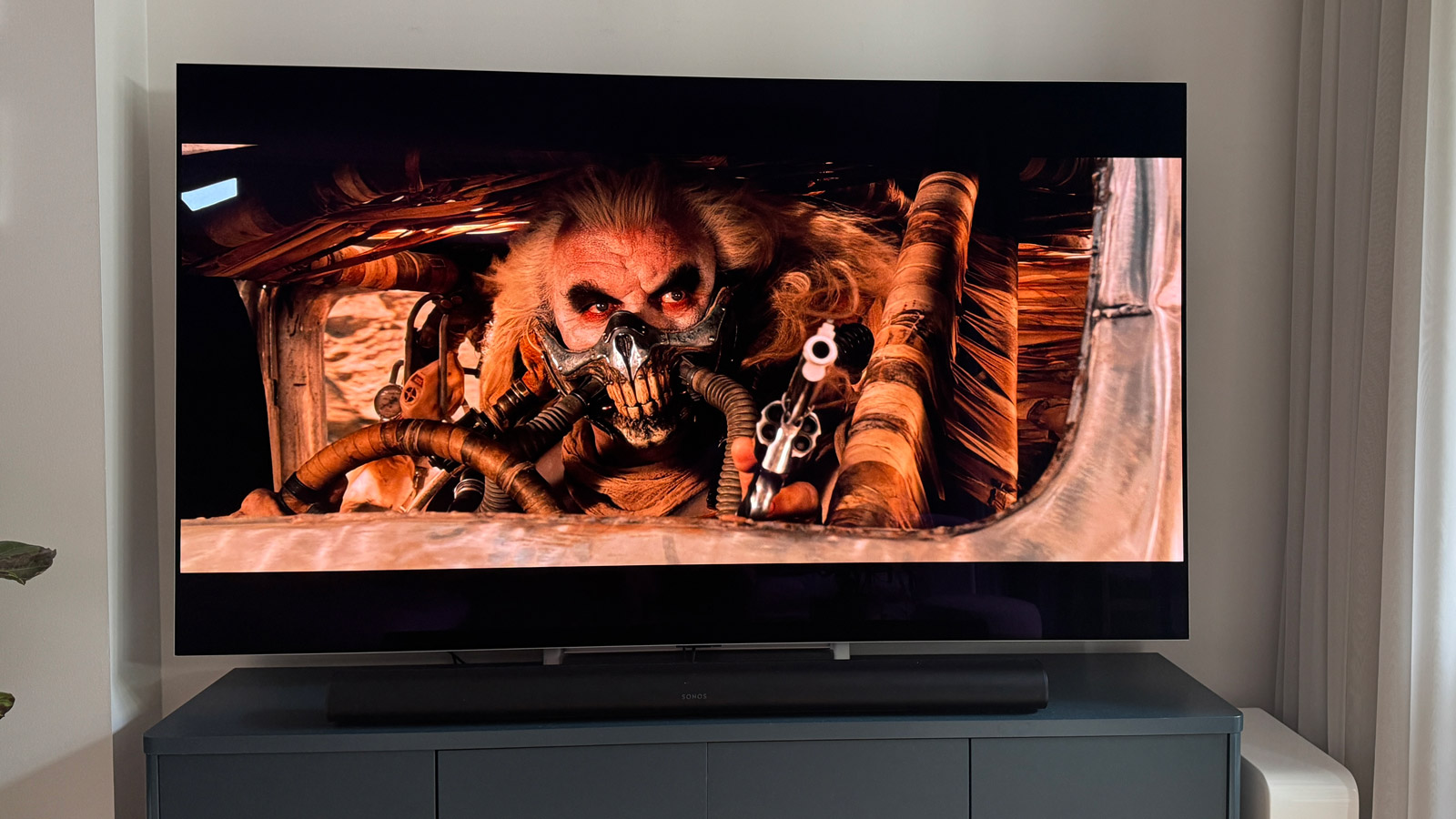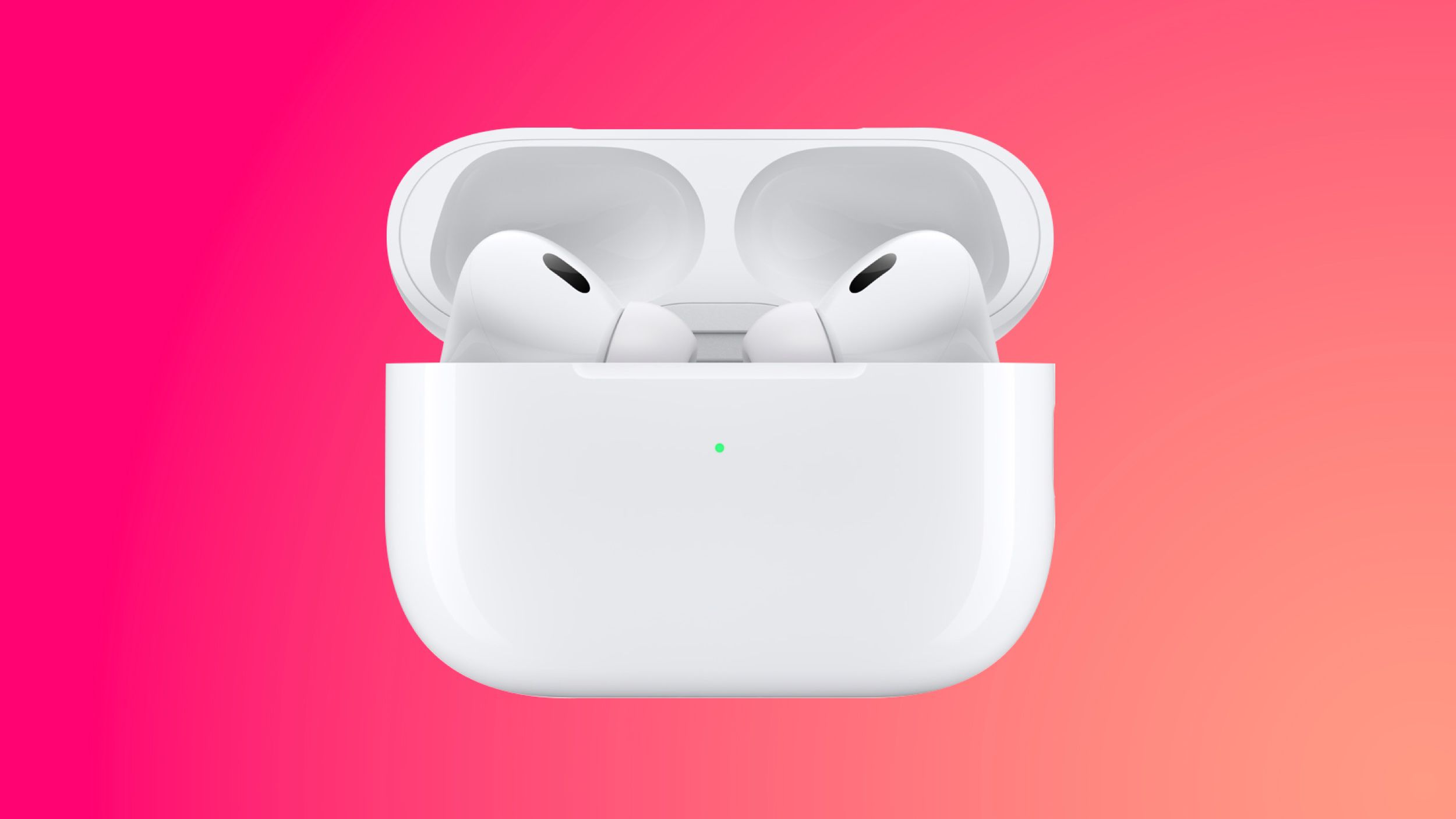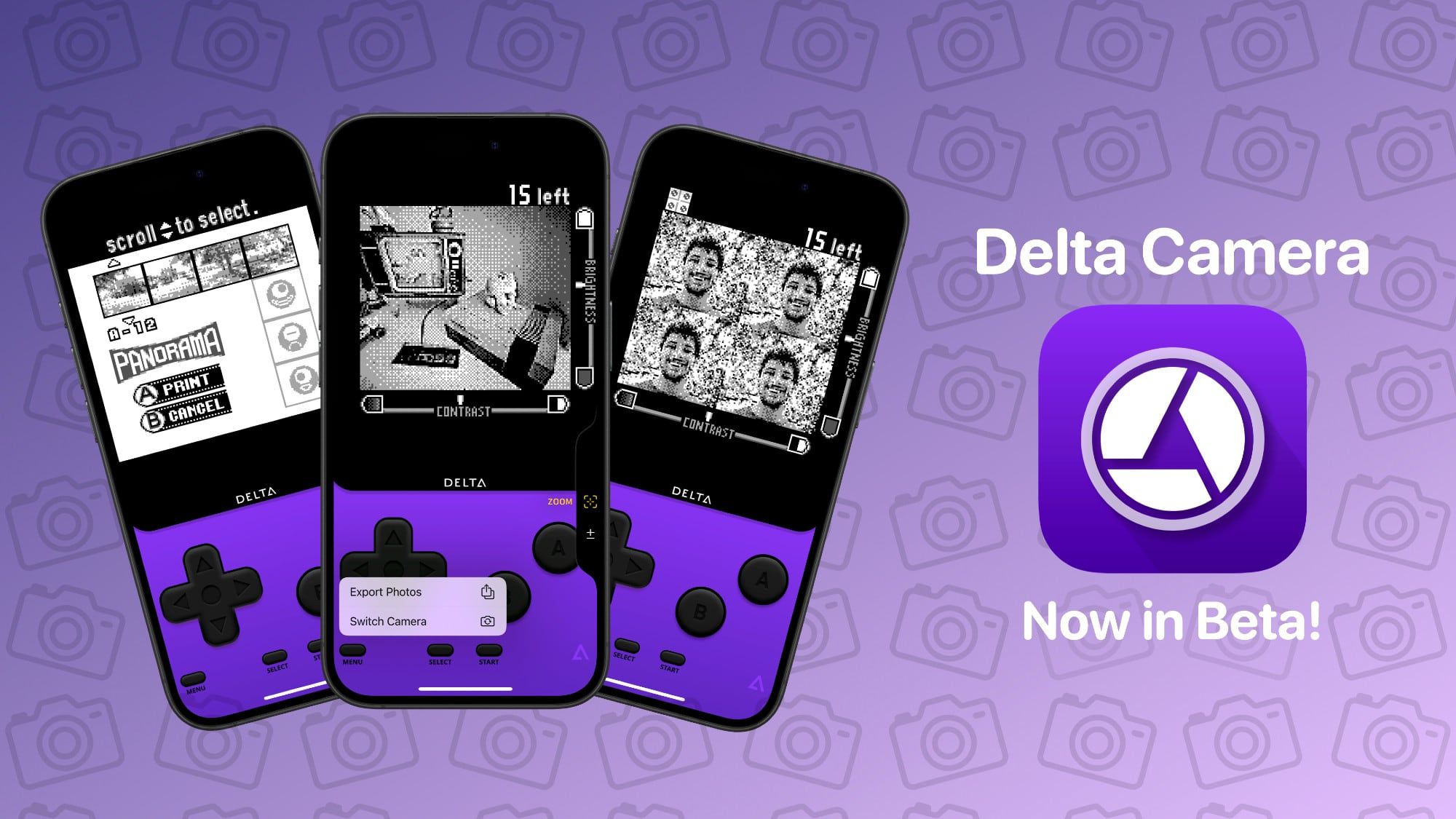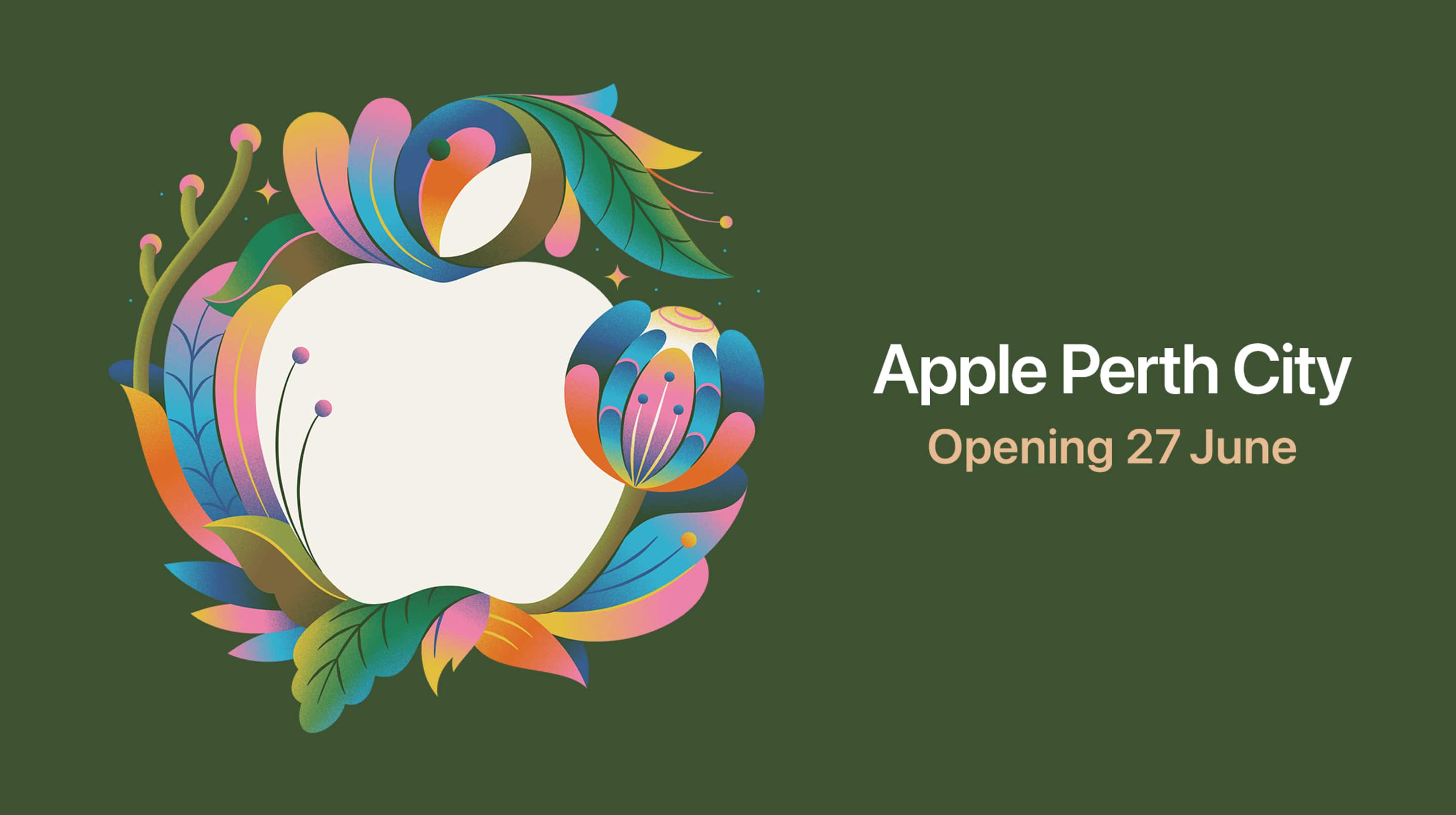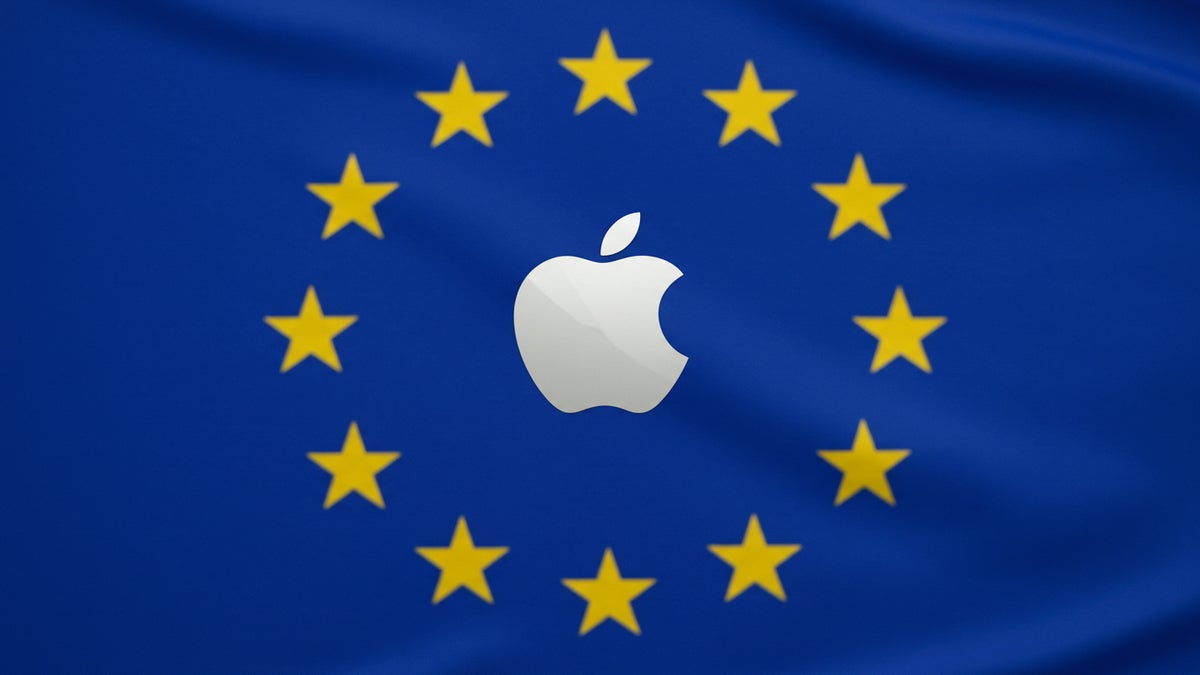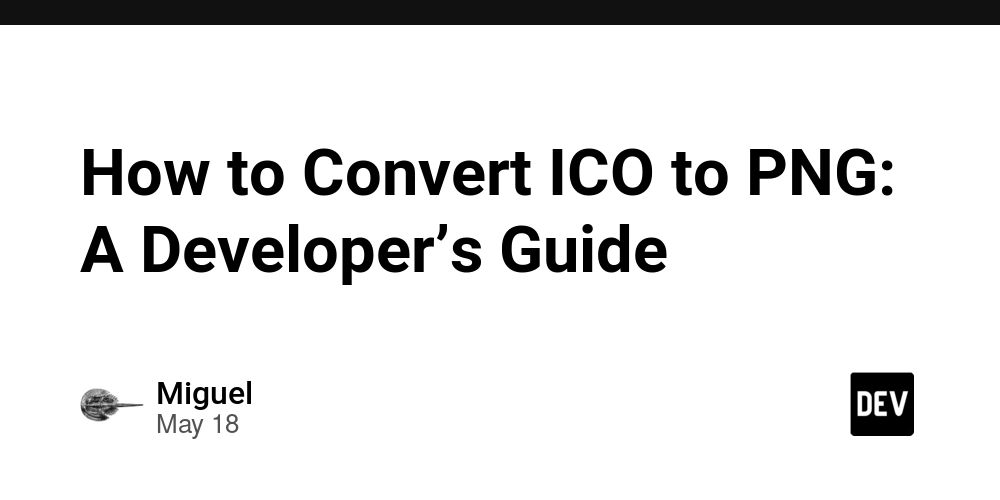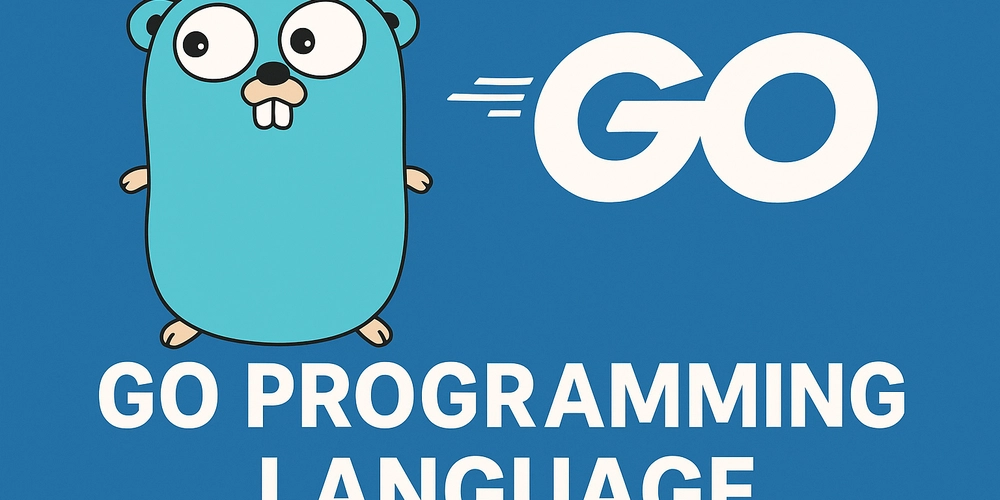What is Ocean Protocol Java SDK? The Open Source Business Model, Funding, and Community
Abstract This post explores the Ocean Protocol Java SDK—a cutting-edge tool for integrating blockchain with artificial intelligence. We discuss its open source business model, innovative funding strategies, and the active community that supports it. From its Apache 2.0 licensing to its decentralized governance, this article covers the tool’s history, technical features, real-world applications, challenges, and future trends. Readers will gain insights into how projects like the Ocean Protocol Java SDK are paving the way for blockchain-driven data sharing and AI integration while disrupting traditional software funding methods. Introduction The Ocean Protocol Java SDK is rapidly emerging as a robust framework designed to foster a synergy between blockchain, artificial intelligence, and secure data sharing. With the backing of the Apache 2.0 license, it not only grants developers extensive freedom to innovate but also builds trust through a transparent, community-driven ecosystem. This post delves deep into the tool's background, technical capabilities, funding models, and the vibrant community around it. We also explore insights from related discussions such as Open Source Software and Blockchain Synergies and Smart Contracts for Open Source Licensing. Background and Context The Evolution of Blockchain and AI Integration In recent years, blockchain technology has evolved from a simple ledger mechanism to a platform that supports decentralized applications and smart contracts. The emergence of blockchain AI has further accelerated innovation by combining secure data sharing with real-time artificial intelligence applications. The Ocean Protocol Java SDK is at the forefront of this revolution. It draws on years of development in both the blockchain and open source communities to deliver a versatile framework that meets modern data security and scalability needs. Blockchain is defined as a decentralized ledger technology with immutable records that enhances transparency and trust. These properties make it ideal for supporting digital ecosystems that require high levels of security, such as financial applications and AI-powered data platforms. More background on blockchain can be found in What is Blockchain?. Open Source Principles and Business Models The open source model under Apache 2.0 encourages developers to actively participate in building and refining the software. This approach not only minimizes barriers to entry but also creates a sustainable funding and contribution ecosystem. Traditional proprietary software often restricts modification and redistribution, whereas the Apache 2.0 license supports both open and proprietary customizations—a feature that is central to the SDK's broad appeal. Historically, open source projects were funded primarily through donations or government grants. Today, with initiatives such as decentralized crowdfunding, tokenized sponsorships, and platforms like GitHub Sponsors, the landscape has dramatically shifted towards more transparent funding models. Community and Ecosystem At the heart of the Ocean Protocol Java SDK is an engaged, global community of developers, data scientists, and blockchain enthusiasts. This community not only collaborates on code enhancements but also participates in decentralized governance, ensuring that the project stays aligned with the evolving needs of modern applications. Insights into community engagement in the open source space are further expanded in Decentralized Governance in Open Source. Core Concepts and Features The Ocean Protocol Java SDK is underpinned by several key concepts and features that make it a leading tool in blockchain and AI integration. Some of these include: Apache 2.0 License: This license fosters a secure yet adaptable business model that enables both open source and proprietary developments. It ensures that developers can contribute without worrying about restrictive legal implications while encouraging innovation. Blockchain-Based Data Sharing: The SDK leverages blockchain for secure, transparent, and immutable data sharing. This is particularly useful for AI applications where data integrity and trust are paramount. Integration of AI and Blockchain: By enabling the integration of AI directly onto blockchain platforms, the SDK supports smart contracts, automated decision-making, and advanced data analytics. This dual functionality provides a powerful framework for decentralized AI applications. Decentralized Funding Models: Funding is achieved through a blend of traditional sponsorships, governmental grants, and innovative tokenized methods. These funding channels promote sustainability and long-term community involvement. Collaborative Community Governance: The SDK employs a decentralized governance model, ensuring that every contributor has a voice in shaping its future. This collaborative approach strengthens the reliability a

Abstract
This post explores the Ocean Protocol Java SDK—a cutting-edge tool for integrating blockchain with artificial intelligence. We discuss its open source business model, innovative funding strategies, and the active community that supports it. From its Apache 2.0 licensing to its decentralized governance, this article covers the tool’s history, technical features, real-world applications, challenges, and future trends. Readers will gain insights into how projects like the Ocean Protocol Java SDK are paving the way for blockchain-driven data sharing and AI integration while disrupting traditional software funding methods.
Introduction
The Ocean Protocol Java SDK is rapidly emerging as a robust framework designed to foster a synergy between blockchain, artificial intelligence, and secure data sharing. With the backing of the Apache 2.0 license, it not only grants developers extensive freedom to innovate but also builds trust through a transparent, community-driven ecosystem. This post delves deep into the tool's background, technical capabilities, funding models, and the vibrant community around it. We also explore insights from related discussions such as Open Source Software and Blockchain Synergies and Smart Contracts for Open Source Licensing.
Background and Context
The Evolution of Blockchain and AI Integration
In recent years, blockchain technology has evolved from a simple ledger mechanism to a platform that supports decentralized applications and smart contracts. The emergence of blockchain AI has further accelerated innovation by combining secure data sharing with real-time artificial intelligence applications. The Ocean Protocol Java SDK is at the forefront of this revolution. It draws on years of development in both the blockchain and open source communities to deliver a versatile framework that meets modern data security and scalability needs.
Blockchain is defined as a decentralized ledger technology with immutable records that enhances transparency and trust. These properties make it ideal for supporting digital ecosystems that require high levels of security, such as financial applications and AI-powered data platforms. More background on blockchain can be found in What is Blockchain?.
Open Source Principles and Business Models
The open source model under Apache 2.0 encourages developers to actively participate in building and refining the software. This approach not only minimizes barriers to entry but also creates a sustainable funding and contribution ecosystem. Traditional proprietary software often restricts modification and redistribution, whereas the Apache 2.0 license supports both open and proprietary customizations—a feature that is central to the SDK's broad appeal.
Historically, open source projects were funded primarily through donations or government grants. Today, with initiatives such as decentralized crowdfunding, tokenized sponsorships, and platforms like GitHub Sponsors, the landscape has dramatically shifted towards more transparent funding models.
Community and Ecosystem
At the heart of the Ocean Protocol Java SDK is an engaged, global community of developers, data scientists, and blockchain enthusiasts. This community not only collaborates on code enhancements but also participates in decentralized governance, ensuring that the project stays aligned with the evolving needs of modern applications. Insights into community engagement in the open source space are further expanded in Decentralized Governance in Open Source.
Core Concepts and Features
The Ocean Protocol Java SDK is underpinned by several key concepts and features that make it a leading tool in blockchain and AI integration. Some of these include:
Apache 2.0 License:
This license fosters a secure yet adaptable business model that enables both open source and proprietary developments. It ensures that developers can contribute without worrying about restrictive legal implications while encouraging innovation.Blockchain-Based Data Sharing:
The SDK leverages blockchain for secure, transparent, and immutable data sharing. This is particularly useful for AI applications where data integrity and trust are paramount.Integration of AI and Blockchain:
By enabling the integration of AI directly onto blockchain platforms, the SDK supports smart contracts, automated decision-making, and advanced data analytics. This dual functionality provides a powerful framework for decentralized AI applications.Decentralized Funding Models:
Funding is achieved through a blend of traditional sponsorships, governmental grants, and innovative tokenized methods. These funding channels promote sustainability and long-term community involvement.Collaborative Community Governance:
The SDK employs a decentralized governance model, ensuring that every contributor has a voice in shaping its future. This collaborative approach strengthens the reliability and adaptability of the software.
Comparison Table: Funding Models in Open Source Projects
| Aspect | Ocean Protocol Java SDK | Traditional Open Source Projects | Tokenized Funding Models |
|---|---|---|---|
| Transparency | Fully decentralized using blockchain | Often opaque internal processes | Real-time tracking via blockchain |
| Licensing | Apache 2.0—permissive and flexible | Varies; sometimes restrictive | Based on open source with token incentives |
| Community Involvement | Active global developer base | Varies with project size | Empowered by governance tokens |
| Security | Enhanced through blockchain verifications | Reliant on traditional mechanisms | Immutable record and smart contract audits |
This table shows that the Ocean Protocol Java SDK’s approach of integrating blockchain with decentralized funding and governance not only enhances security but also ensures sustainable growth through active community engagement.
Applications and Use Cases
The versatility of the Ocean Protocol Java SDK enables it to be applied in several real-world scenarios. Here are a few practical examples:
1. Financial Data Analytics
A startup can harness the SDK to create a secure data-sharing platform where multiple financial institutions share anonymized market data. By integrating AI algorithms, these institutions can perform real-time analytics, predict market trends, and make informed investment decisions—all while ensuring data integrity. The transparency provided by blockchain further enhances trust amongst participating entities.
2. Secure AI-Driven Healthcare Solutions
In the healthcare industry, patient data is highly sensitive. By using the Ocean Protocol Java SDK, developers can build platforms that securely share medical records and support AI analytics for diagnostics and treatment personalization. This ensures that data remains immutable and fraud-proof while providing cutting-edge AI tools to improve patient outcomes.
3. Decentralized Scientific Research
Universities and research institutions can collaborate on large-scale scientific projects using the SDK. It facilitates secure and transparent data sharing while enabling AI models to process and analyze complex datasets. This collaborative environment accelerates discoveries and fosters a culture of shared innovation.
Challenges and Limitations
While the Ocean Protocol Java SDK offers many innovative solutions, it is not without challenges:
Scalability:
As blockchain networks expand, ensuring that the SDK can handle an increasing volume of data transactions without impacting performance remains a technical challenge. Discussions on Blockchain Scalability Solutions provide insights into potential approaches.Security Vulnerabilities:
Although blockchain inherently enhances security, smart contract vulnerabilities can still pose risks. Continuous audits and improvements are necessary to prevent data breaches or malicious exploits, as highlighted in Blockchain Security.Volatility in Funding Models:
Decentralized funding mechanisms, including tokenized sponsorships, can be subject to market fluctuations. Maintaining consistent funding levels requires careful planning and community engagement to mitigate these risks.Adoption Barriers:
Integrating blockchain and AI technologies requires not only technical knowledge but also regulatory clarity. Uncertain regulatory environments can delay or complicate the adoption of such advanced technologies.Interoperability:
As the SDK integrates with multiple blockchain networks and AI services, ensuring seamless interoperability between different platforms remains a significant challenge.
Future Outlook and Innovations
Looking ahead, several trends will likely shape the continued evolution of the Ocean Protocol Java SDK:
Real-Time, Trustless Decision-Making:
With increased integration of AI on blockchain, developers can expect more advanced applications such as autonomous smart contracts that make real-time decisions without human intervention.Enhanced Tokenized Funding Models:
Future models may combine traditional sponsorship methods with token incentives, further smoothing out funding volatility and increasing community participation. For a deeper dive, check out How to Fund a Blockchain Project.Broader Decentralized Governance:
As projects mature, we can anticipate more sophisticated systems for decentralized management that further empower community members and drive innovation.Cross-Platform Integrations:
The integration of various blockchain networks (e.g., Arbitrum, Ethereum, Solana) is likely to become more seamless, enhancing interoperability. For additional insights into multi-chain support and scalability issues, see Arbitrum and Ethereum Interoperability.Increased Regulatory Support:
With governments beginning to see the benefits of blockchain, regulatory clarity is expected to improve, reducing barriers to adoption and opening more avenues for public-private partnerships.
Notable Industry Perspectives
The future trend insights are also supported by industry experts and thought leaders. For instance, AshuCommits on Blockchain and Cryptocurrencies outlines how funding and technological innovations are reshaping finance and open source communities. Additionally, Bob Cars on Decentralized Governance in Open Source offers perspectives on how such governance models can evolve to meet emerging challenges.
Summary
The Ocean Protocol Java SDK stands as a prime example of how open source innovation, blockchain technology, and artificial intelligence can converge to create transformational solutions. By leveraging the flexibility of the Apache 2.0 license, advanced data sharing protocols, and decentralized funding models, the SDK fosters a secure and transparent ecosystem that supports both developers and enterprises.
In summary:
- Abstract and Introduction: We explored the integration of blockchain and AI through the Ocean Protocol Java SDK.
- Background and Context: The evolution of open source principles, blockchain technology, and community-driven governance set the stage for the SDK’s development.
- Core Concepts and Features: Key aspects include the Apache 2.0 license, secure data sharing, AI integration, and decentralized funding models.
- Applications and Use Cases: Practical examples in finance, healthcare, and research highlight the real-world utility of the SDK.
- Challenges and Limitations: Issues such as scalability, security vulnerabilities, funding volatility, and interoperability must be addressed.
- Future Outlook: Innovations in real-time decision-making, enhanced tokenized funding models, improved governance, and cross-platform integration promise continued evolution.
The Ocean Protocol Java SDK not only supports today's data-centric and AI-driven applications but also paves the way for a future where decentralized and collaborative software development is the norm. By adhering to community-driven principles and innovative funding strategies, projects using this SDK are well-positioned to overcome current challenges and lead the charge into the next frontier of technology.
For those interested in a deeper technical dive into this innovative framework, you can check out the original article on Ocean Protocol Java SDK. Additionally, related discussions such as Blockchain and AI and Tezos Teia NFT Collection by Teia Team provide more valuable context and emerging trends.
Key Takeaways
- Open Source Licensing: The Apache 2.0 license provides flexibility and promotes transparent development.
- Fusion of AI and Blockchain: This fusion is transforming data sharing and real-time analytics across various sectors.
- Decentralized Funding: Innovative funding models such as tokenized sponsorships offer sustainable ways to fund open source projects.
- Community-Driven Development: Active participation from a global community ensures continuous evolution and improvement.
By understanding these aspects, developers and stakeholders can harness the full potential of the Ocean Protocol Java SDK. The combination of robust technical features with a forward-thinking funding and governance model makes it a powerful tool for any organization aiming to lead in the emerging field of blockchain AI.
Additional Resources
- For insights on secure open source funding strategies, see How to Fund a Blockchain Project.
- To explore broader open source licensing debates, check out Fair Code Alternatives.
- For more on decentralized governance and community engagement, Decentralized Governance in Open Source is a recommended read.
- And for a technical perspective on blockchain scalability issues, head to Blockchain Scalability Solutions.
In conclusion, as new trends emerge in blockchain and AI integration, the Ocean Protocol Java SDK remains a benchmark for innovation in this space. Its blend of technical excellence, transparent licensing, and dynamic community support is paving the way for future developments that will shape not just the software industry but the entire digital landscape.
Embrace the future of decentralized data sharing and AI integration with the Ocean Protocol Java SDK—where open source meets transformative innovation.













































































































































































![[The AI Show Episode 156]: AI Answers - Data Privacy, AI Roadmaps, Regulated Industries, Selling AI to the C-Suite & Change Management](https://www.marketingaiinstitute.com/hubfs/ep%20156%20cover.png)
![[The AI Show Episode 155]: The New Jobs AI Will Create, Amazon CEO: AI Will Cut Jobs, Your Brain on ChatGPT, Possible OpenAI-Microsoft Breakup & Veo 3 IP Issues](https://www.marketingaiinstitute.com/hubfs/ep%20155%20cover.png)

























































































































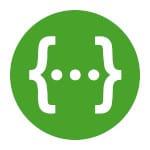





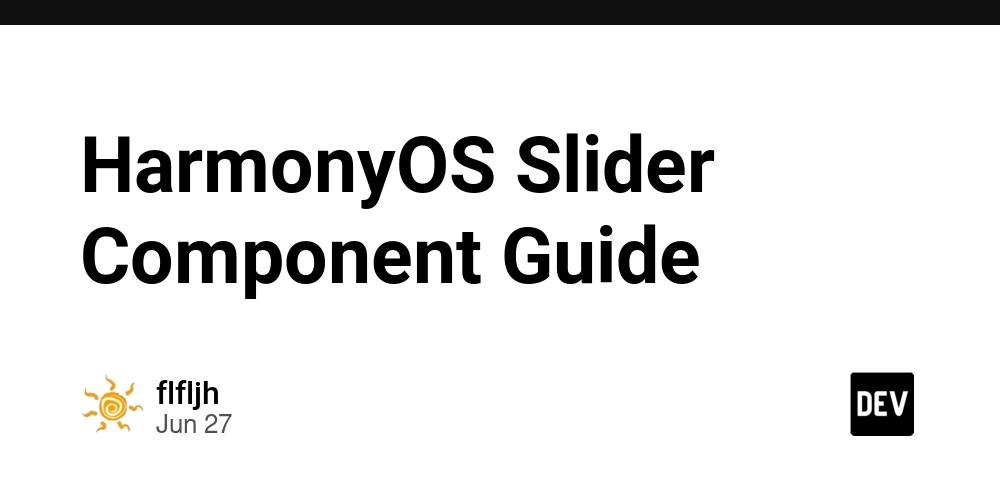






















































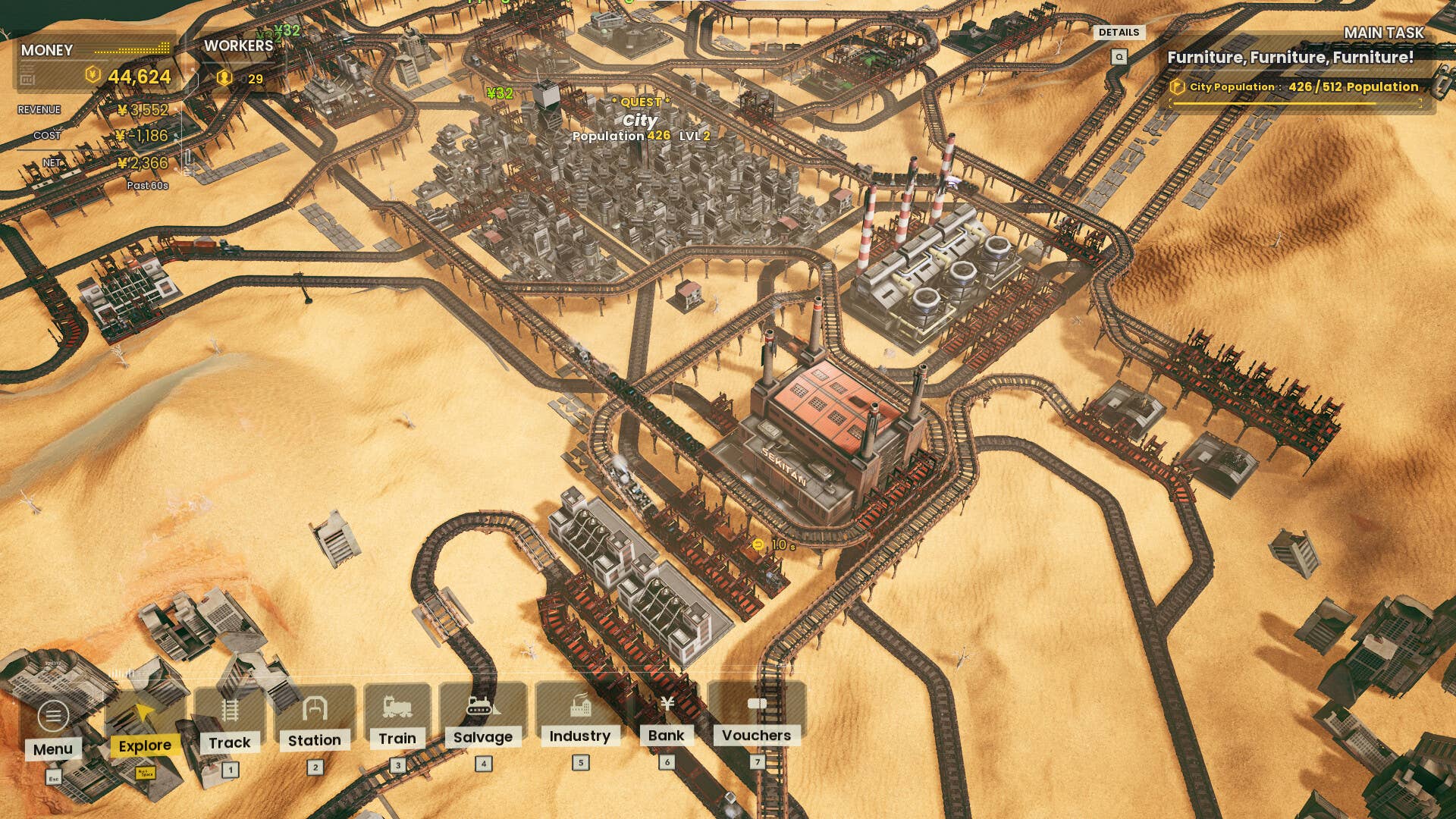

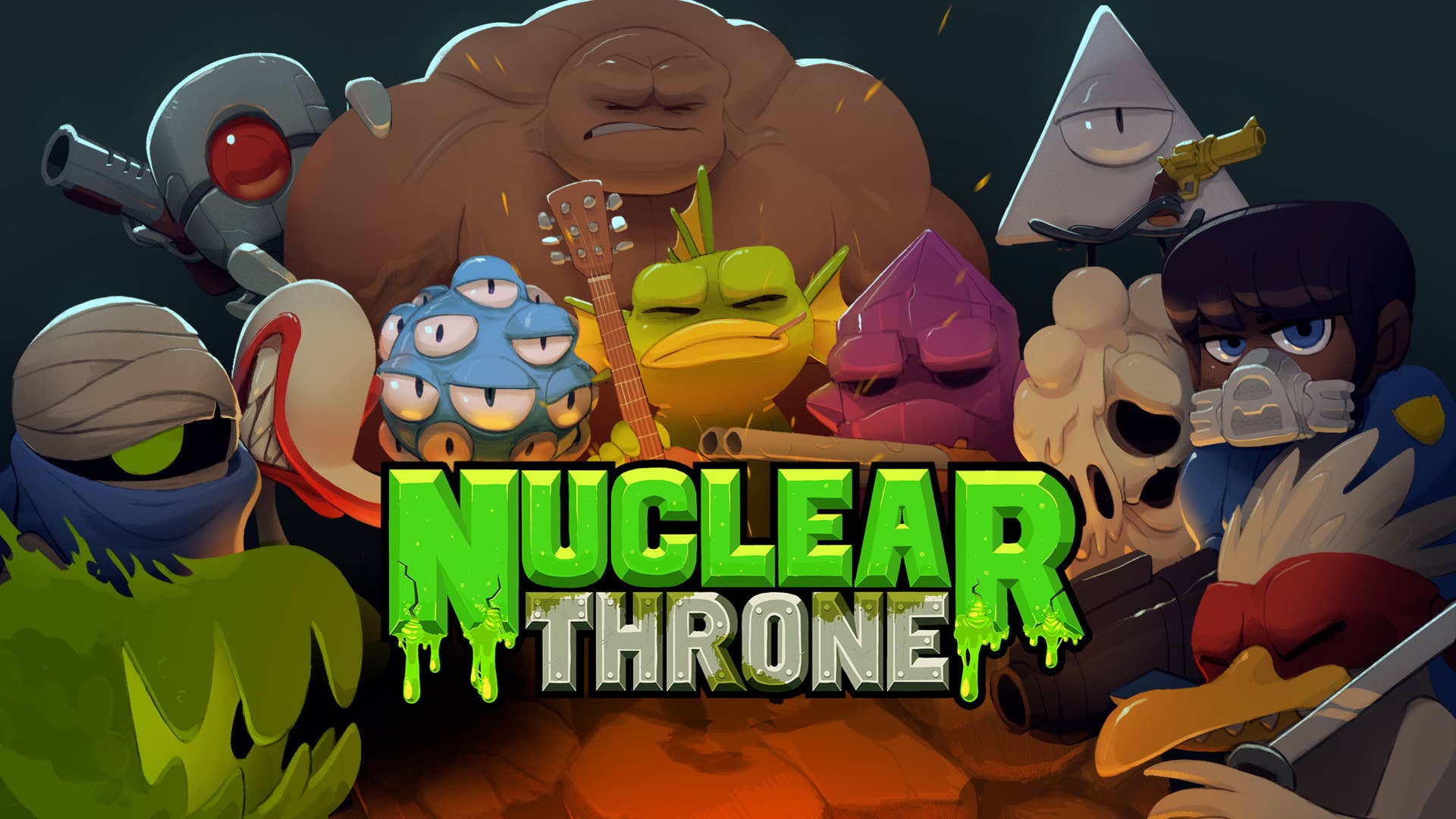






























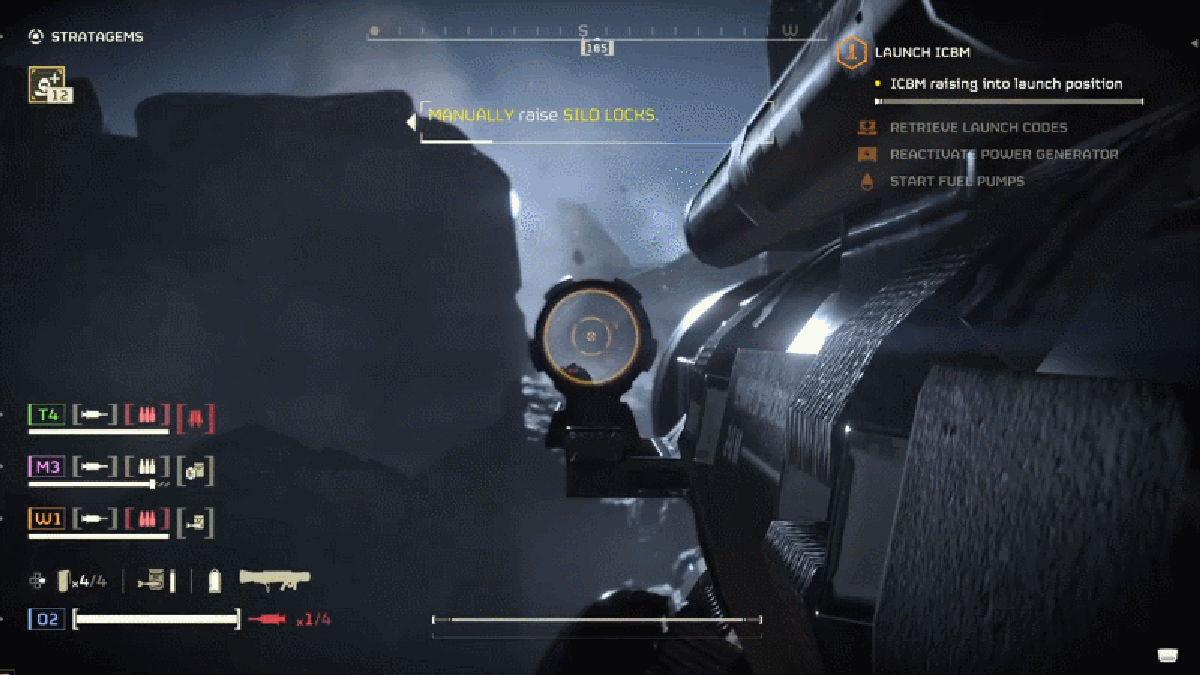
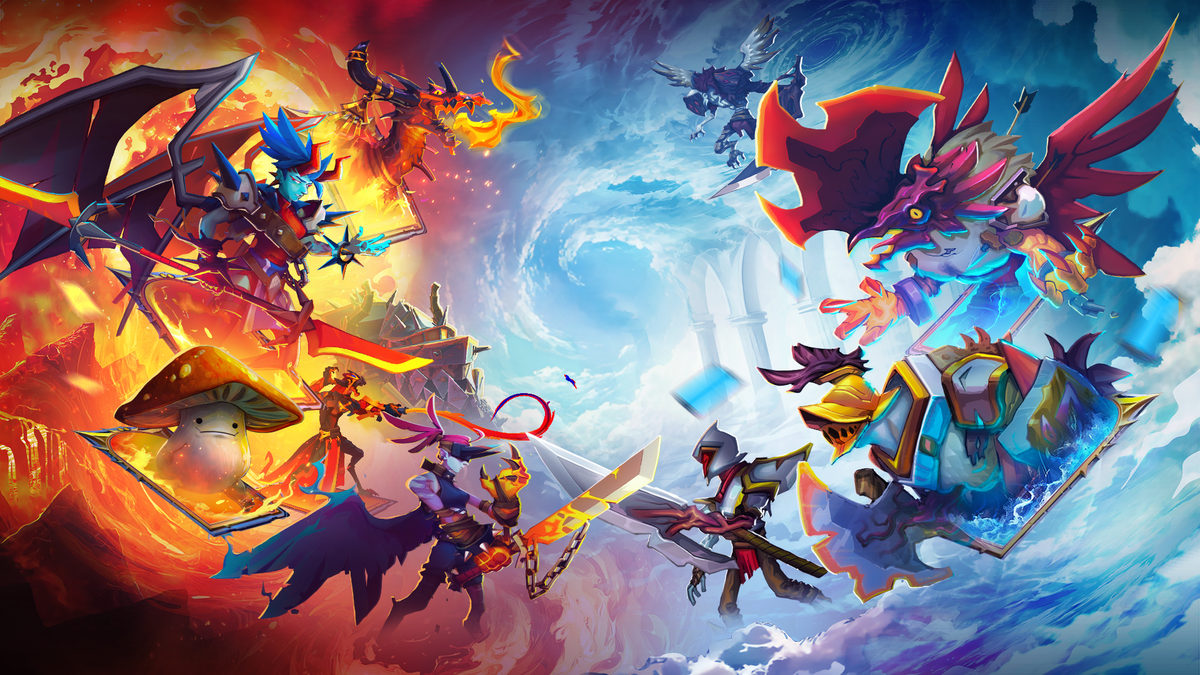











































_incamerastock_Alamy.jpg?width=1280&auto=webp&quality=80&disable=upscale#)
_Brain_light_Alamy.jpg?width=1280&auto=webp&quality=80&disable=upscale#)






















































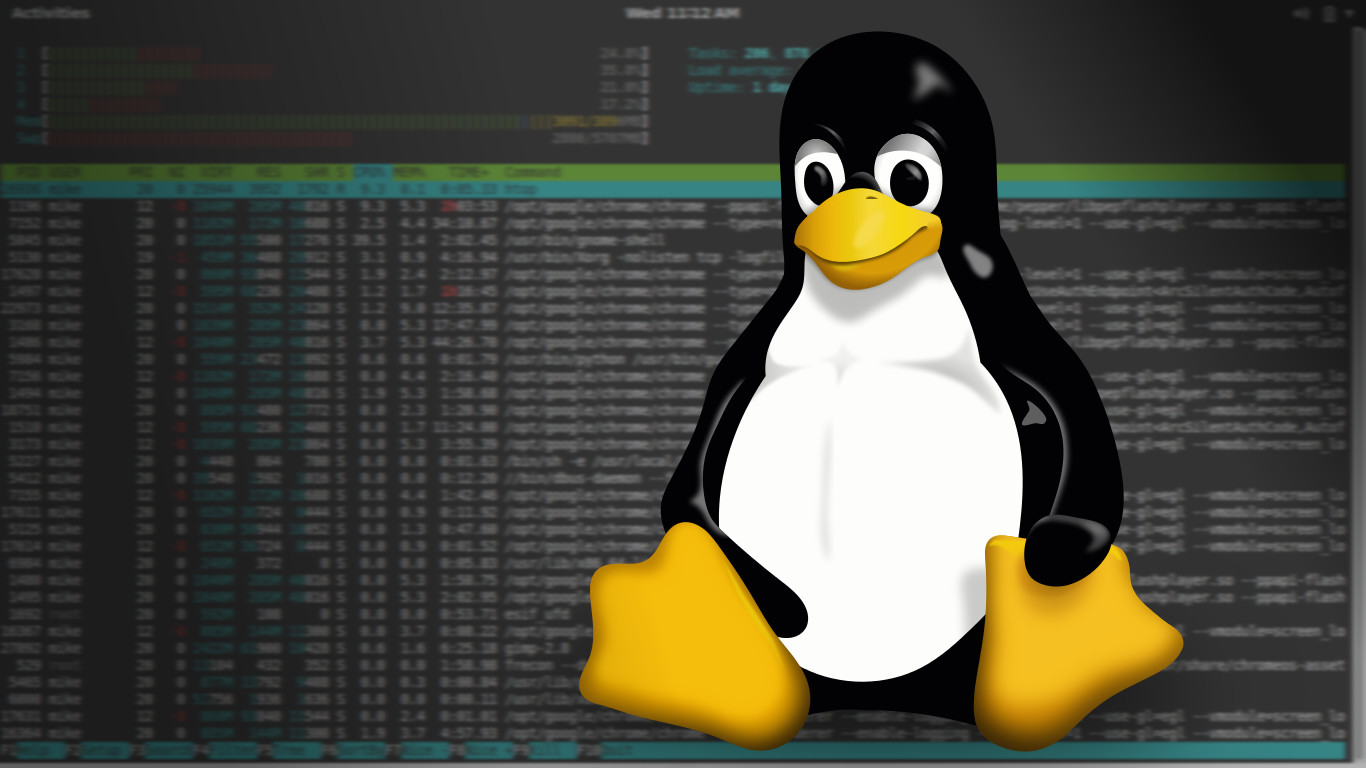

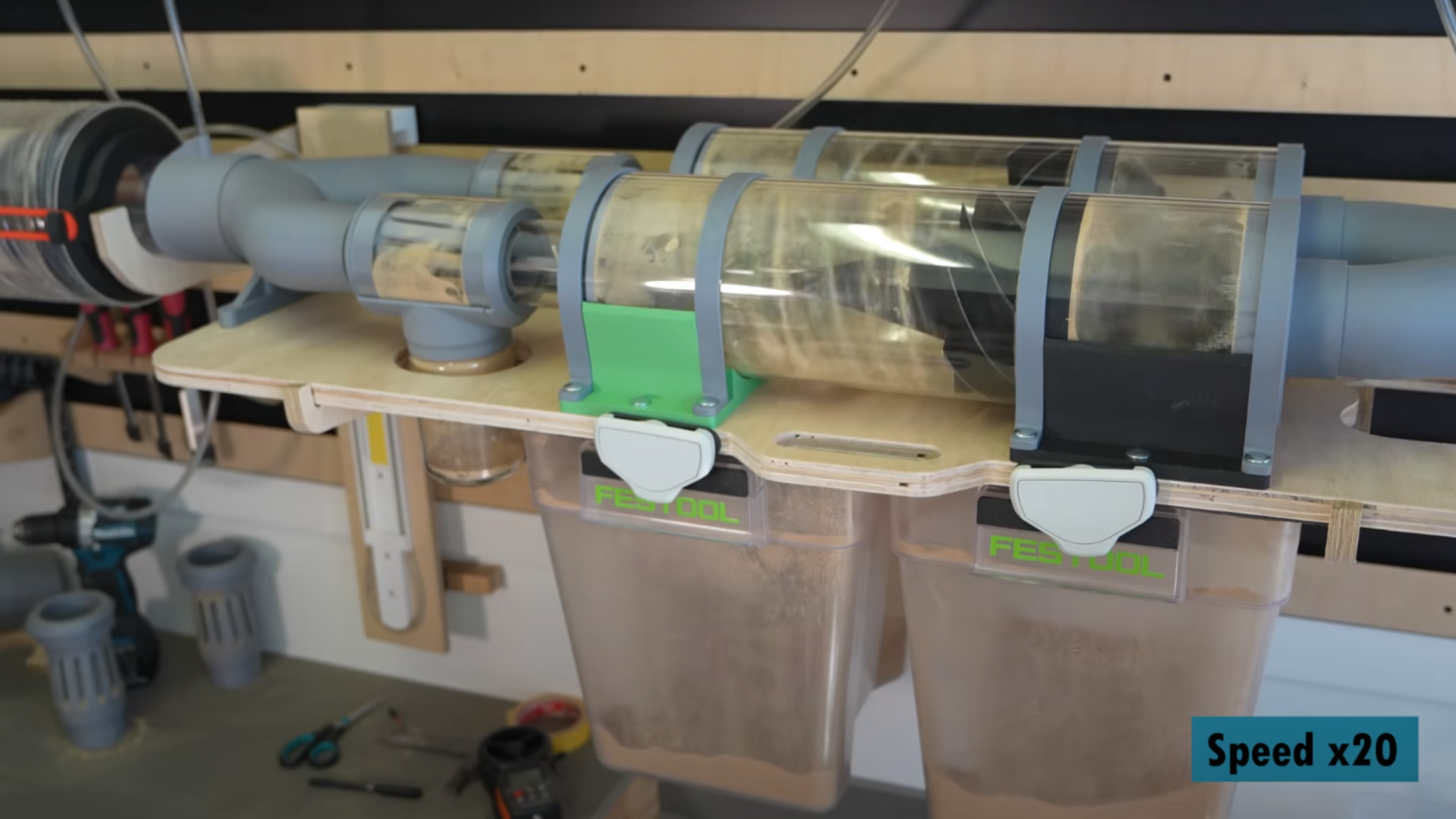





















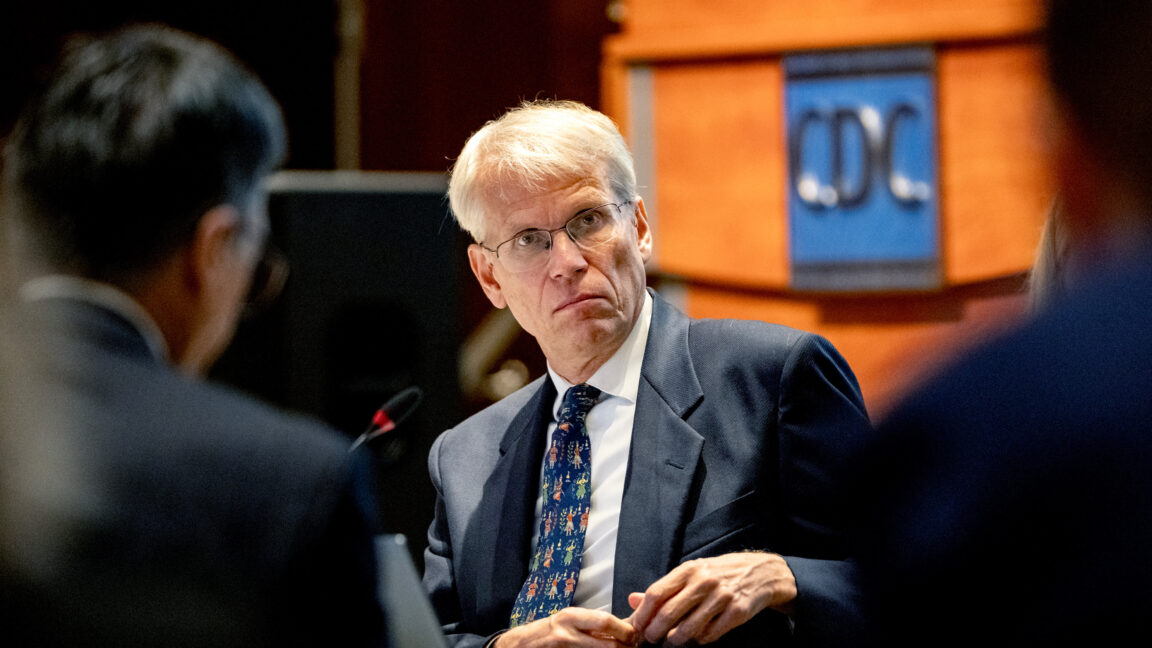


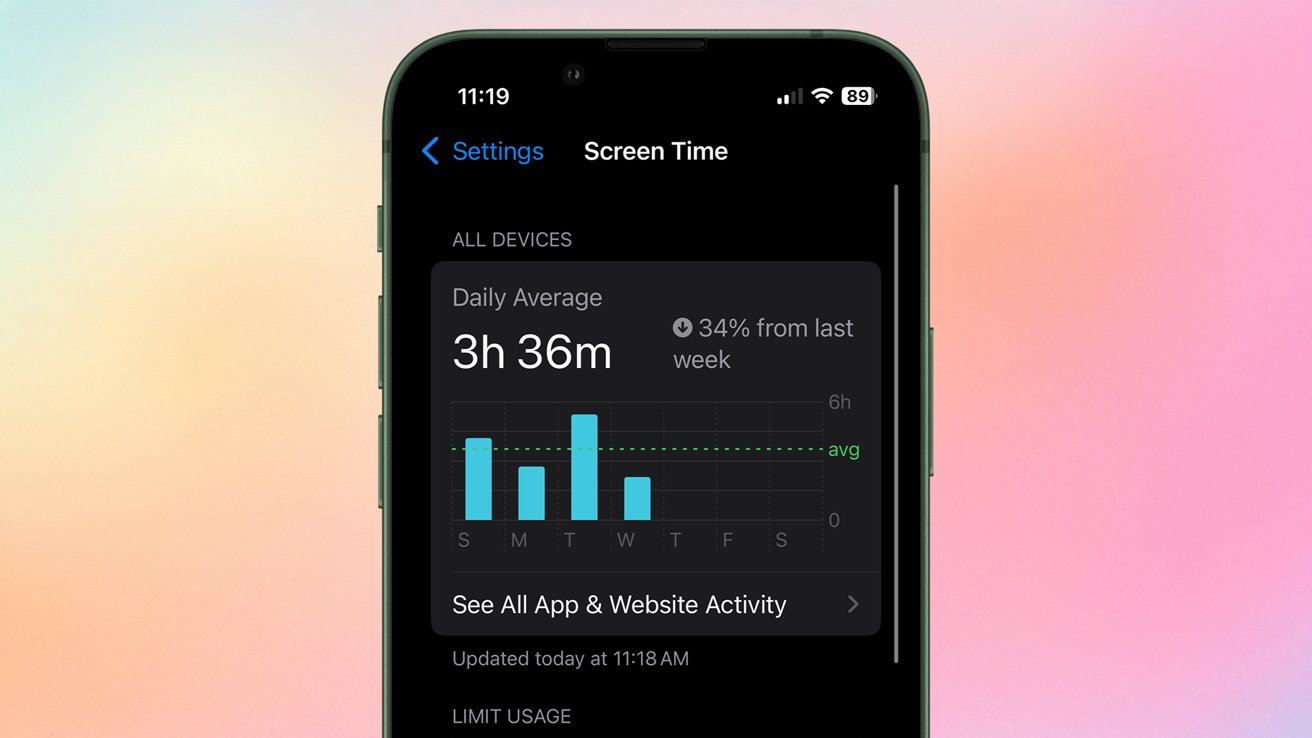

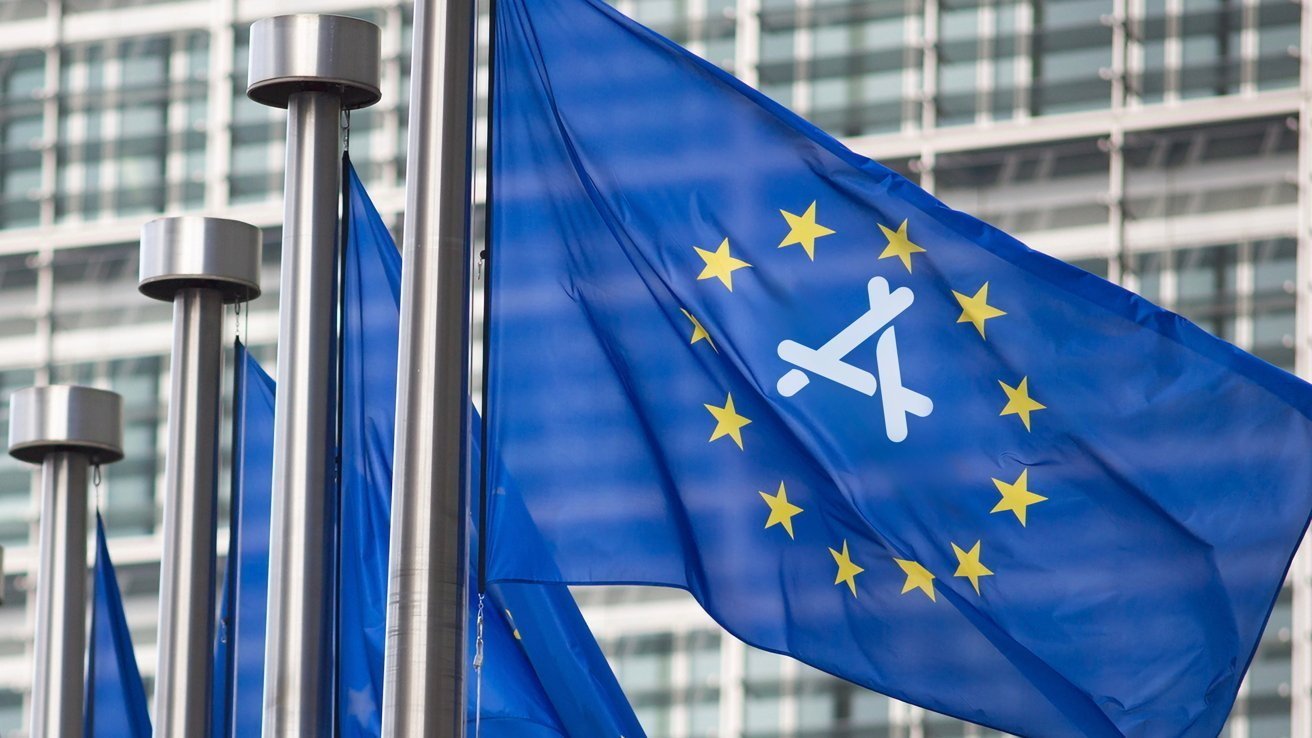




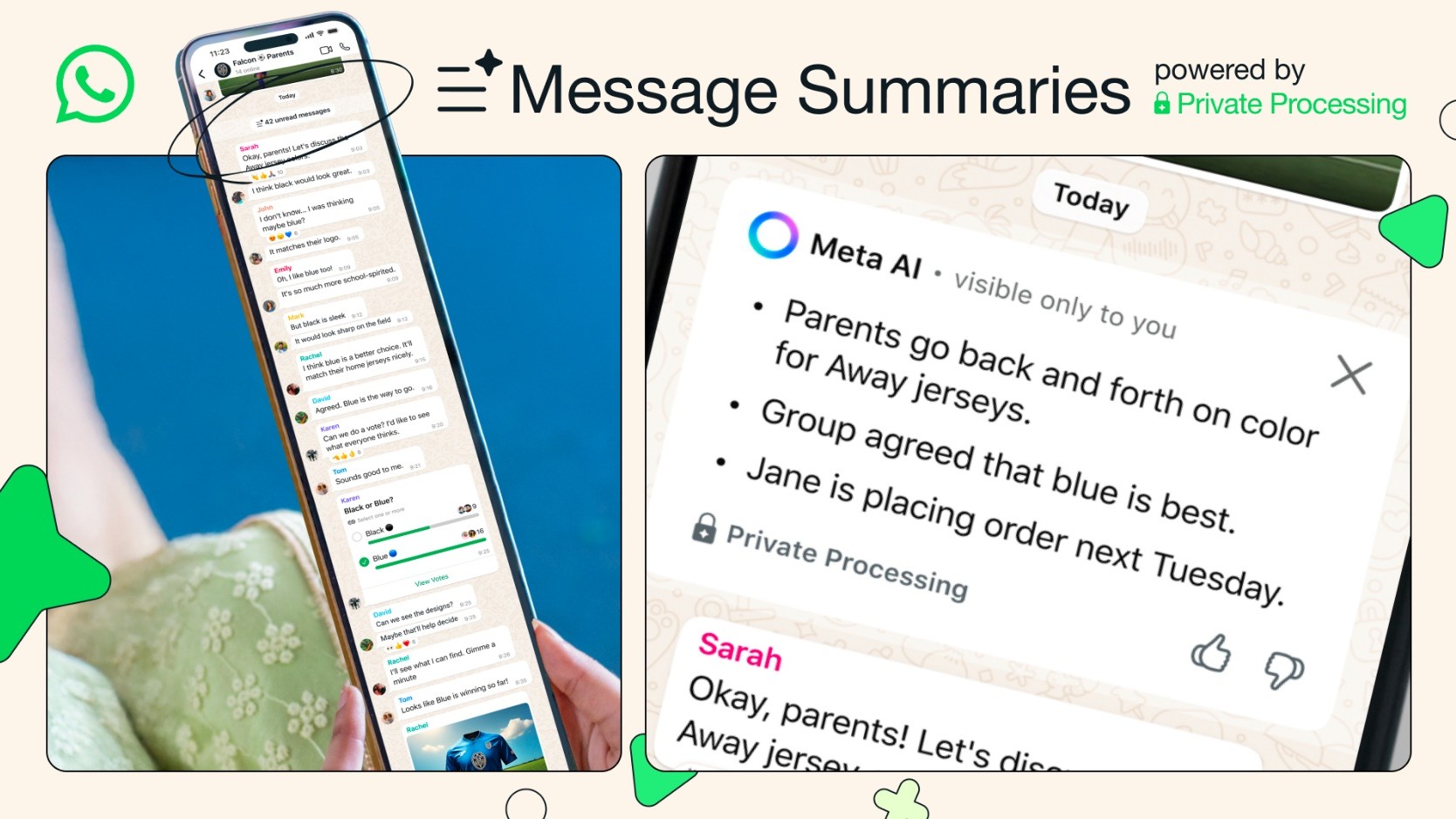
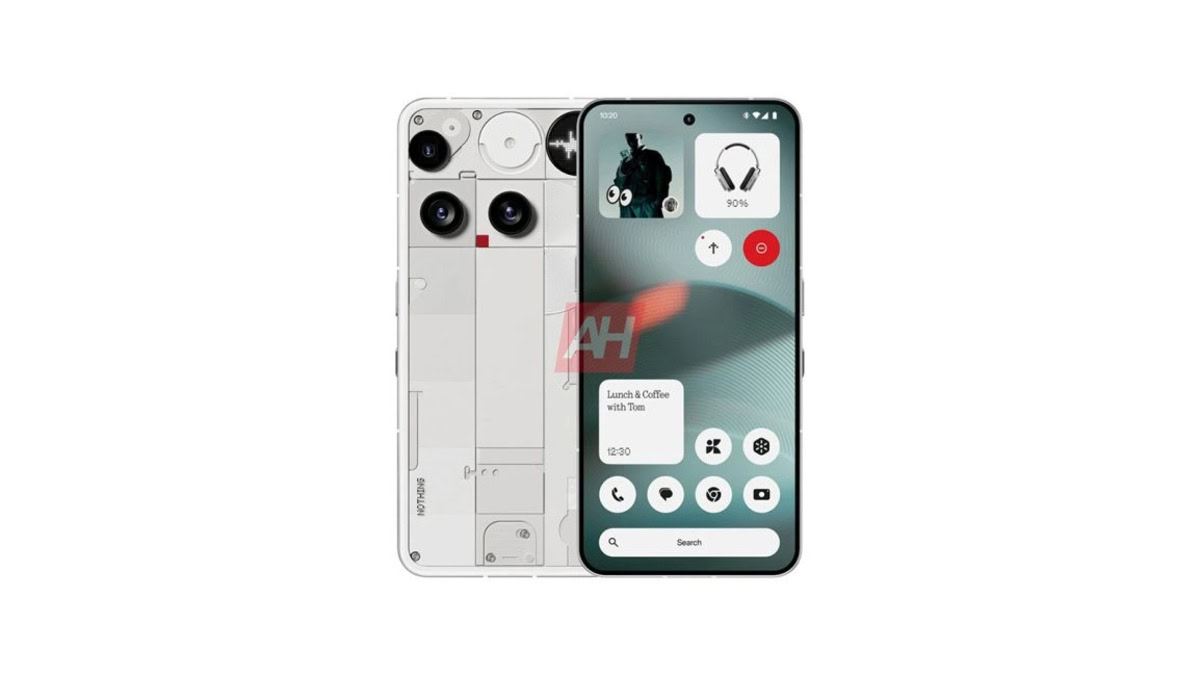



![Senators reintroduce App Store bill to rein in ‘gatekeeper power in the app economy’ [U]](https://i0.wp.com/9to5mac.com/wp-content/uploads/sites/6/2025/06/app-store-senate.jpg?resize=1200%2C628&quality=82&strip=all&ssl=1)















